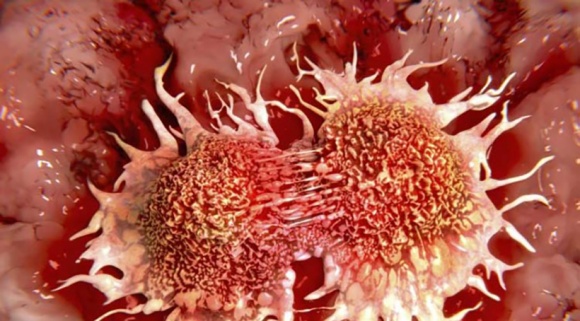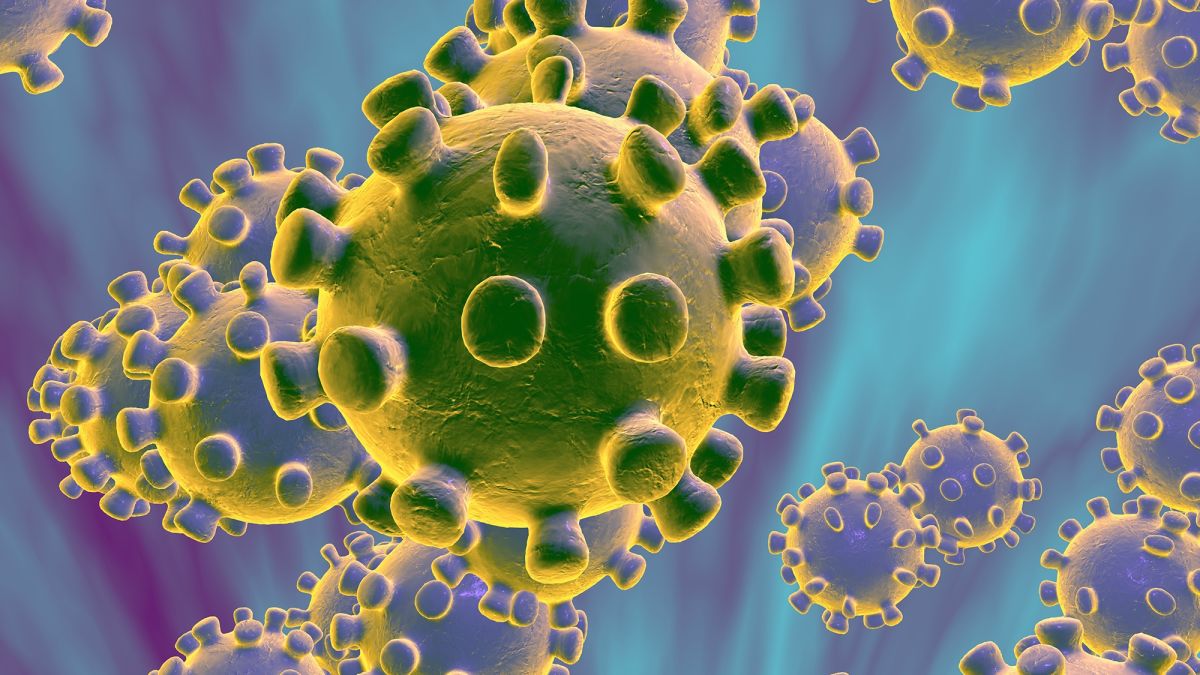Being a woman is a risk factor for developing breast cancer.
- Sex
Breast cancer is more common in women than men.
- Age
The risk for breast cancer increases with age. Most breast cancer victims are diagnosed at the age of 40 – 50 in Vietnamese women.
- Personal history of breast cancer
If you’ve been diagnosed with breast cancer, you’re likely to develop a new cancer in the other breast.
- Family history
Women who have one first-degree female relative (sister, mother) diagnosed with breast cancer have higher risk for developing breast cancer.
- Diet and alcohol consumption
Having too much fat intake or excessive alcohol drinking increases the possibility of having breast cancer. Women who consume alcohol 2 to 5 times a day have 1.5 times increased risk of developing breast cancer compared to women who do not drink.
- Menstrual history, hormones and pregnancy history
Women who started menstruating (having periods) younger than age 12 have a higher risk of breast cancer later in life. The same is true for women who go through menopause when they’re older than 55.
Women who haven’t had pregnancy or have their first child after age 30 have increased lifetime risks of breast cancer.
Long-term use of hormone pills (over 10 years) or using hormone replacement therapy when menopause may also contribute to the development of breast cancer.
- Obesity and inactive lifestyle
Being overweight or obesity, especially obesity at the menopause can increase the risk of having breast cancer.
Women who rarely take part in physical activity, exercise or sports have higher risk of breast cancer.
- Genetics
About 15% of breast cancers are thought to be hereditary.
- Exposure to radiation
Exposure to chest radiation is also another factor increasing risk to develop breast cancer.
In addition to aforementioned risk factors there are also many factors increasing the change for developing breast cancer such as: long-term stress or depression, eating too much fermented food, or working in environment containing toxic chemicals, etc. Other breast cancer risk factors are still being studied and continue to be updated.
Source: Breast Cancer Network Australia (BCNA), HealthBridge Foundation of Canada













